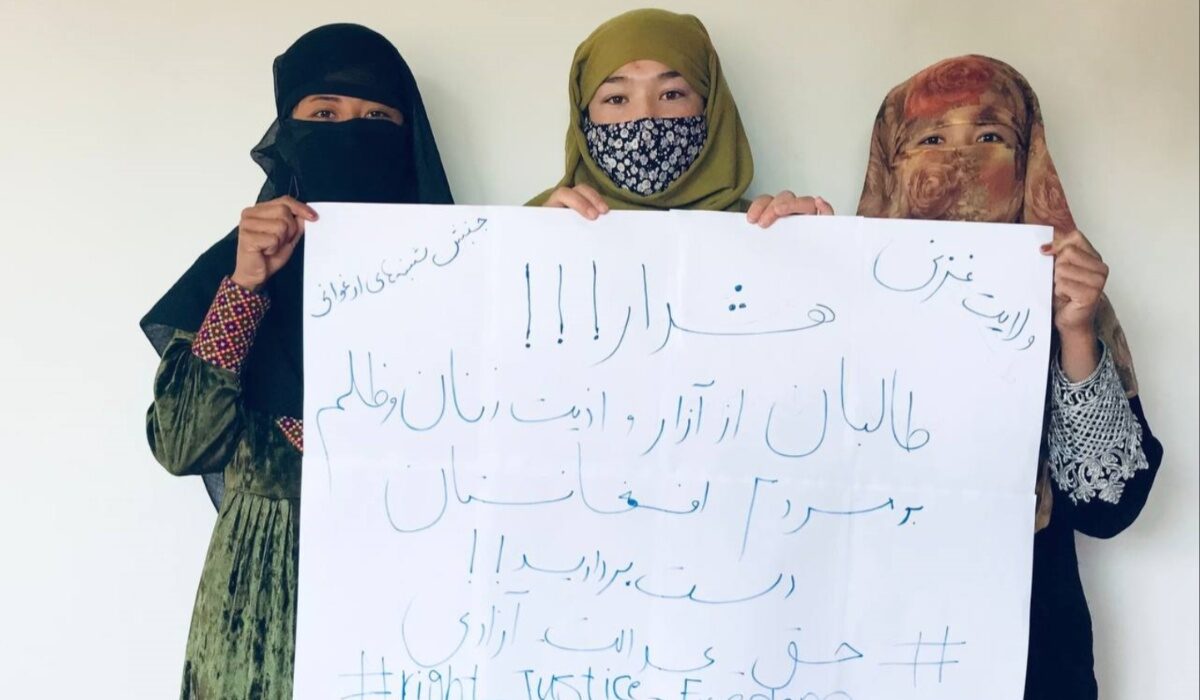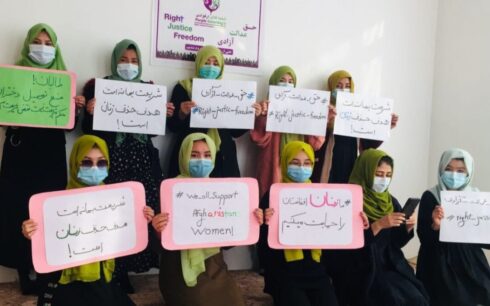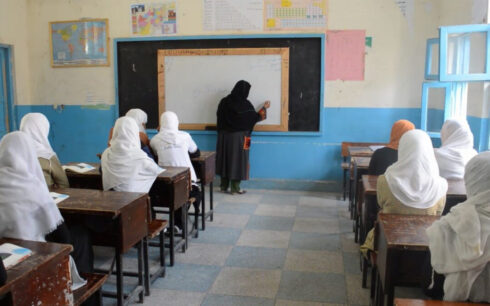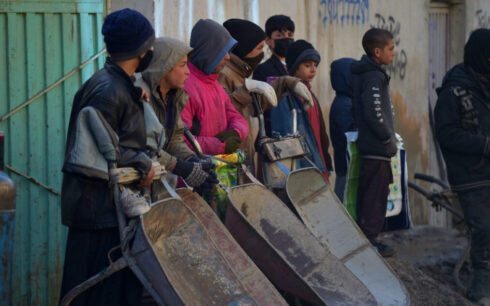Women’s rights activists have voiced alarm as reports indicate that the Taliban’s campaign of detaining women and girls for non-compliance with their prescribed dress code has expanded to include areas in Kunduz province in northern Afghanistan.
Karima Azam, the leader of the women’s movement in northern Afghanistan, has expressed profound concerns about the consequences of these detentions, urging organizations and institutions dedicated to women’s rights to take decisive action against what she describes as “crimes.”
Azam stated, “I implore all organizations and institutions committed to defending women’s rights to respond to these acts. Otherwise, in the northern regions, we may witness tragic outcomes among our young girls.”
In response to these detentions, the Afghanistan Women’s Unity and Solidarity movement organized a protest rally, asserting that the Taliban, under the pretext of their specified dress code, intends to marginalize women and girls within society.
The movement emphasized, “The Hijab, which serves as the Taliban’s prescribed dress code, is merely an excuse. Their ultimate goal is the complete exclusion of women from Afghan society.”
While Zabihullah Mujahid, the Taliban spokesperson, had previously denied reports of such detentions in a phone call to Amu TV, and the Taliban’s Ministry of Propagation of Virtue and Prevention of Vice had issued a statement, independent sources and some Kabul residents claim that women and girls from areas like Dasht-e-Barchi, Taimani, and Khair Khana in the capital have indeed been detained for failing to comply with the Taliban’s specified dress code.
During a gathering organized by community representatives, a resident of Kabul confirmed that some of the detained girls had been released on bail in the past week. Additionally, the sister of a recently released detainee revealed that her sister was released on a guarantee of 60,000 Afghanis.
Since their return to power, the Taliban has imposed stringent restrictions on women and girls, resulting in protests and detentions. Notably, women’s rights activist Manizha Sediqi remains in Taliban custody after her protest against these restrictions.





